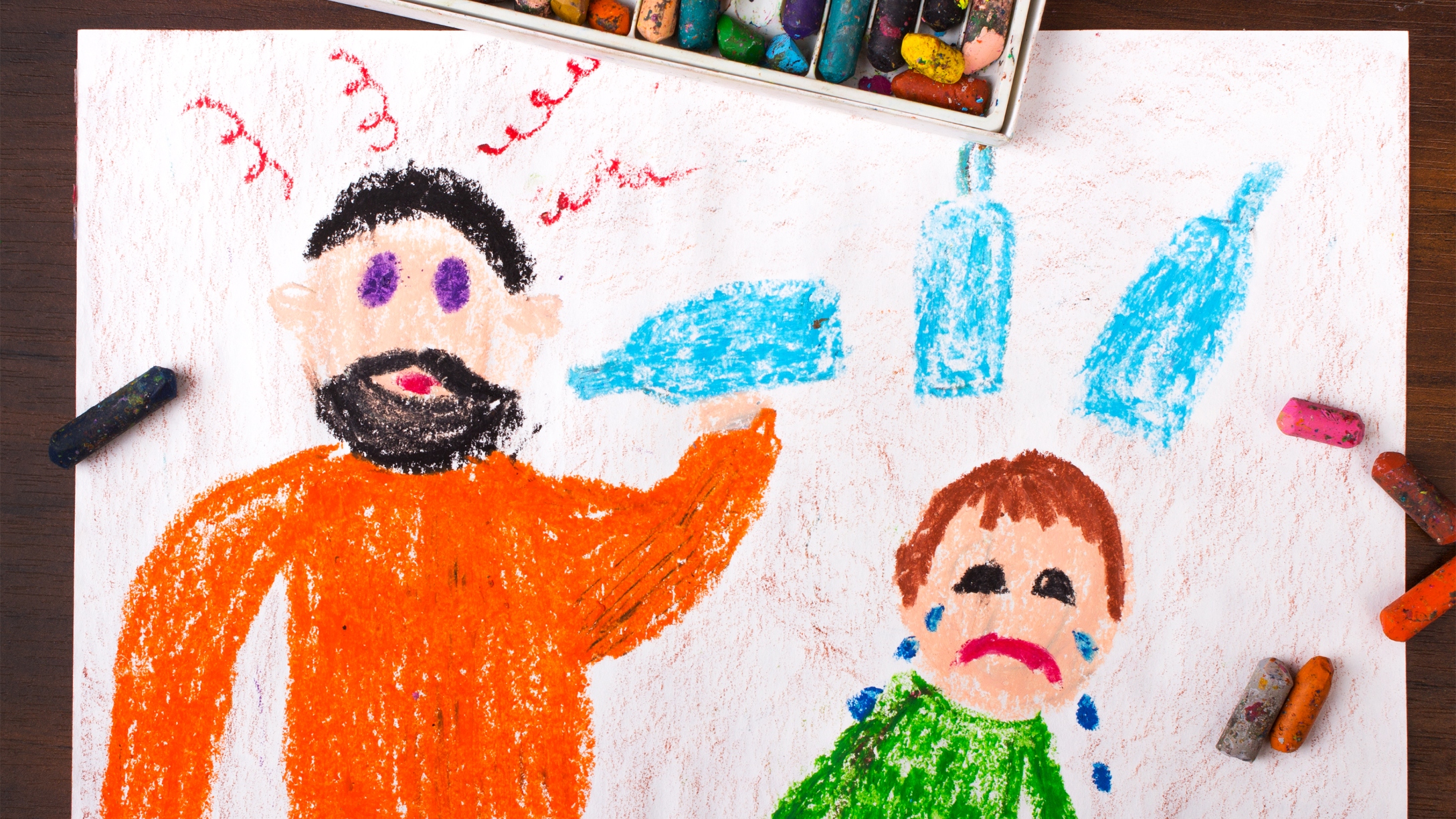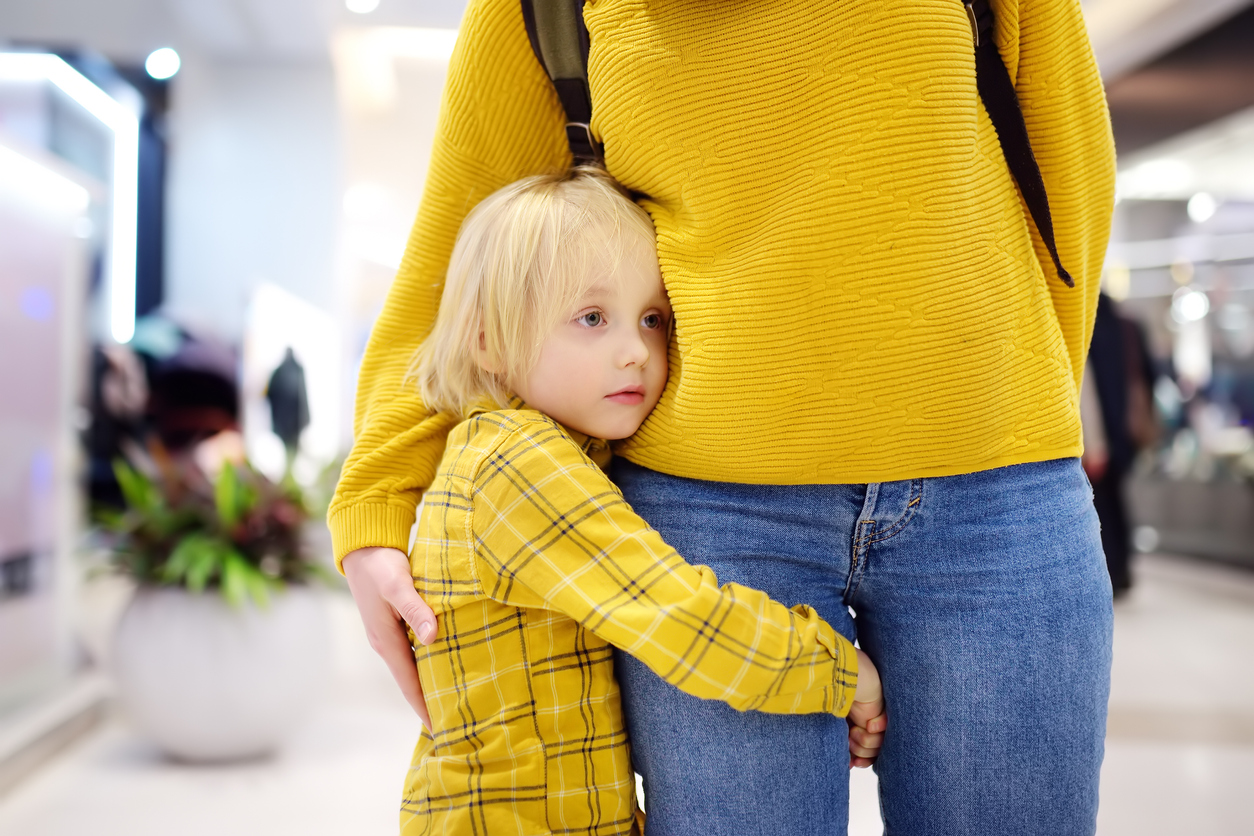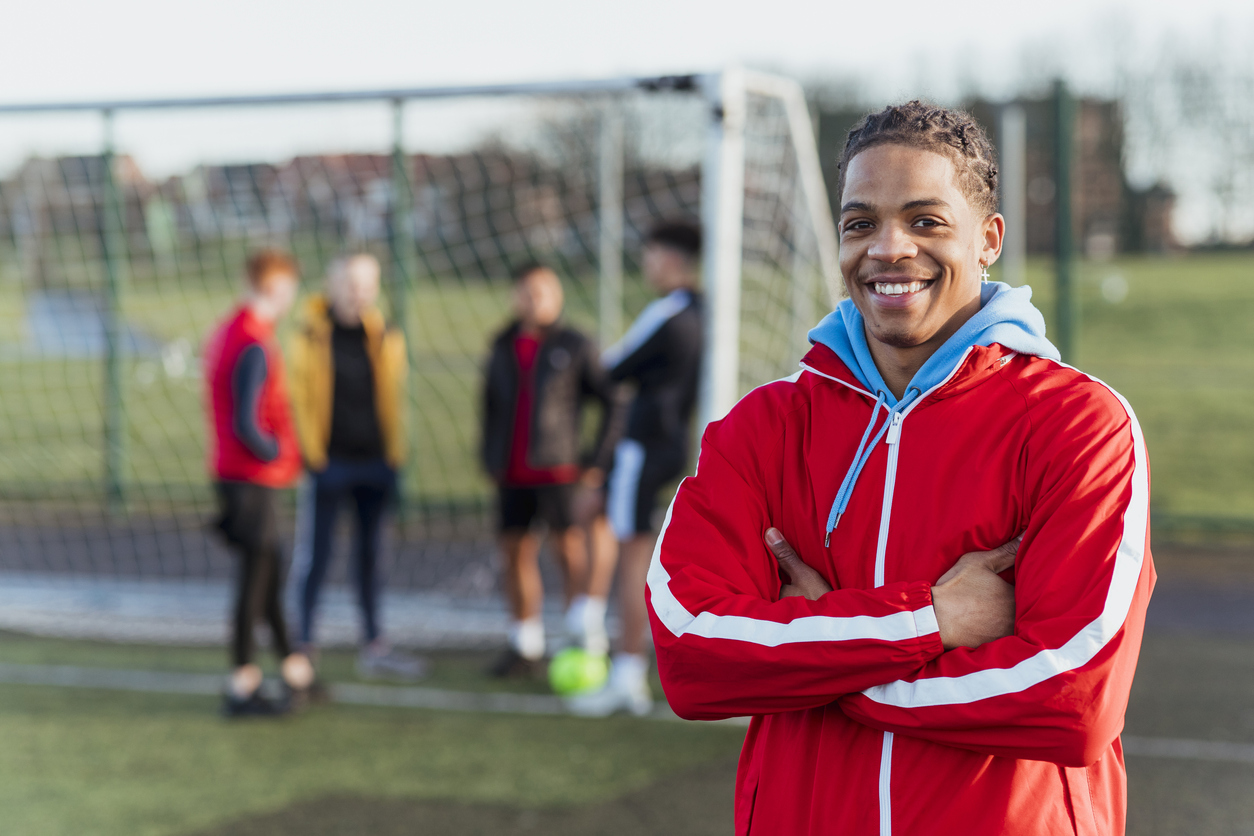
Drug and alcohol addiction chips away at the family unit piece by piece.
The impact on the addict is severe. They often experience changes in their personality, worsening health conditions, a deteriorating mental and emotional state, and skewed priorities. Still, children are frequently the silent victims of addiction.
The trauma of having an addicted parent can last a lifetime — even if the parent gets clean. The level of trauma will vary depending on several factors, such as if the child lived in the household with their addicted parent, if they had another parent or guardian present to offer consistent care, and if they received support to manage the impact of their parent's state and the depth of their parent's addiction.
The Effect of Drug Addiction on Children

According to the American Addiction Centers, an estimated 25% of American children are growing up in a household where substance abuse is present. That's over 18.25 million kids!
As traumatic events often do, having a parent with an addiction can lead to:
• Depression
• Anxiety
• Oppositional behavior
• Conduct problems
• Aggression
• Lower self-esteem
• Decreased social competence
• Poor school performance
• An increased risk of physical, verbal, or sexual abuse
• Earlier experimentation with drugs and alcohol
The Substance Abuse and Mental Health Services Administration (SAMHSA) found that children with alcoholic parents are four times more likely to repeat the cycle compared to those with sober parents.
There is a similar pattern for children with parents who have a substance abuse dependence.
You can look at well-known cases like that of the late great singer and actress Whitney Houston and her ex-husband, singer Bobby Brown, whose daughter Bobbi Christina succumbed to her own addiction, like her mother did.
Or actor Robert Downey Jr., whose son, Indio Falconer Downey, spent time in rehab for addiction similar to his father.
That's why it's crucial to get support for children who are victims of their parent's addiction as soon as possible. The healing process can be challenging, but ignoring the impact can be life-altering in the worst way.
Support Options for Children With Addicted Parents

It's important to note that even if a parent overcomes their addiction or is no longer part of their child's day-to-day life while battling their dependence problem, it doesn't mean the child doesn't still need support. The trauma of having an addicted parent doesn't disappear when the parent or the addiction does.
Here are some ways to offer support to children whose parents are struggling with addiction.
Teach Healthy Ways To Manage Emotions
Having a parent with an addiction can lead to a roller coaster of emotions, and learning to manage those feelings is crucial. When children can learn methods of acknowledging and managing their feelings in a healthy manner, it will allow them to better cope with their circumstances.
Provide Opportunities To Enjoy Their Childhood
Children with addicted parents often have part of their childhood ripped away, so allowing them to enjoy it as much as possible is important.
Ensure they can participate in extracurricular activities, spend time with friends, engage in their hobbies, and do other things that bring them joy.
It's not their fault that their parent has an addiction, and their childhood shouldn't be impacted any more than it already has to be.
Enroll in a Program for Children of Addicted Parents
Numerous programs are available offering support to children of addicted parents.
There are camps available year-round like Camp Mariposa, free weekend camps like Camp Crossroads in Pennsylvania, and regular meetings they can attend through programs like Al-Anon and Nar-Anon.
Due to COVID-19, there are some virtual options available to make these opportunities more accessible.
Encourage the Child To Speak With a Trusted Adult

Every child with an addicted parent should have at least one trusted adult they can turn to, whether that's a teacher, coach, guidance counselor, or parent of a close friend.
Addiction often occurs in secret, so many children are suffering in silence. There's an embarrassing negative stigma surrounding addiction, and they might have been told not to tell anyone. Still, it's too traumatic for them to go through it alone.
Encourage them to find a trusted adult to confide in, or be that person for them.
Give Them Phone Numbers of Support Personnel
There are support lines available for children of addicted parents who need to talk to someone.
One resource sponsored by the Substance Abuse and Mental Health Services Administration (SAMHSA) is the confidential Disaster Distress Helpline.
It is available 24/7, seven days a week, to provide immediate counseling to anyone who needs help dealing with traumatic events.
Children can call the hotline at 1-800-985-5990 or text "TalkWithUs" or "Hablanos" for Spanish speakers to 66746.
Teach the 7 C's of Addiction
The National Association for Children of Addiction (NACoA) teaches the "7 C's of Addiction."
These are valuable lessons to share with any child in this predicament:
- I didn't cause it.
- I can't cure it.
- I can't control it.
- I can care for myself
- By communicating my feelings,
- Making healthy choices, and
- By celebrating myself.







